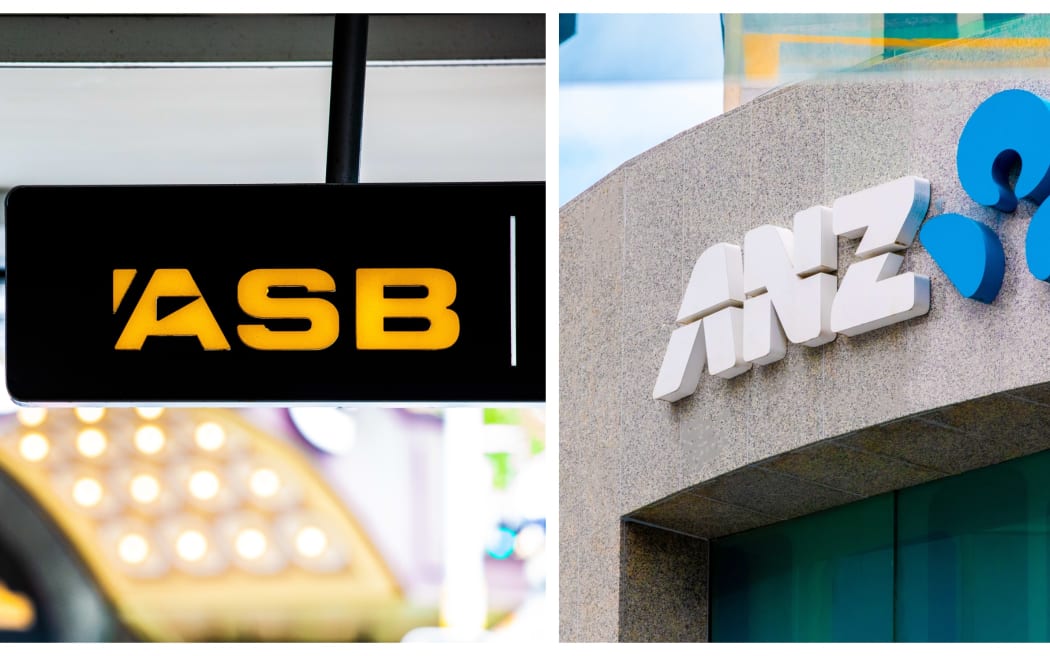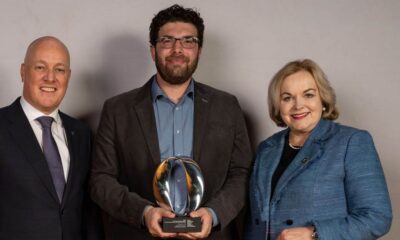Business
Lawyer Demands Investigation into MBIE’s Handling of Banking Risk

A prominent lawyer has called for a formal investigation into the processes followed by the Ministry of Business, Innovation and Employment (MBIE) regarding a significant banking class action. Rachael Reed, KC, representing plaintiffs in the case, raised concerns about potential failures in civil service procedures and the representation of key financial risk assessments to Parliament.
In a letter addressed to Public Service Commissioner Sir Brian Roche and Attorney-General Judith Collins, Reed highlighted issues surrounding a risk assessment by the Reserve Bank of New Zealand. The assessment suggested a potential risk of $12.9 billion to the banking sector if no changes were made to the Credit Contracts and Consumer Finance Act (CCCFA). This assessment is critical as it underpins the proposed CCCFA Amendment Bill, currently under review by the Finance and Expenditure Committee.
The bill includes provisions that would allow courts to determine compensation for lenders regarding historical breaches of disclosure from 2015 to 2019, instead of mandating full repayment of interest and fees. Reed criticized the Reserve Bank’s modeling, stating that it relies on unrealistic scenarios and appears to lack mathematical validity. She pointed out that major banks, including ANZ and ASB, have dismissed settlement offers of $300 million as excessive, which raises questions about the validity of the claimed exposure of $12.9 billion.
Reed expressed concern that some members of the committee accepted this figure without adequate scrutiny. She emphasized the need for an investigation to assess whether MBIE officials adhered to established standards of policy advice, consultation, and transparency in their dealings with the Reserve Bank’s scenarios. Furthermore, she called for an examination of whether the analysis justified the retrospective legislation affecting numerous consumers and specifically targeting the class action against ANZ and ASB.
She stated to Collins: “Retrospective legislation is an extraordinary use of extraordinary power that inherently undermines the rule of law. It should only be used where the foundation is transparently justified and unassailable.” Reed argued that the evidence indicates MBIE officials failed to provide a robust foundation for their claims, relying instead on incomplete and flawed analysis.
“The depth of these process failures impacts democratic decision-making and the legal rights of tens of thousands of New Zealanders,” she added, urging immediate attention to uphold the country’s constitutional standards.
In response, Andrew Hume, general manager of commerce, consumer and business policy at MBIE, stated that the ministry is confident in the quality of the advice provided on the retrospective changes. He noted that while MBIE was not initially considering retrospective change during public consultations in 2024, concerns raised about historical breaches warranted further investigation.
Hume acknowledged that the ministry’s consultation was limited by commercial sensitivities and ongoing litigation. “Final decisions were made by Ministers and Cabinet. The bill is currently before the Select Committee for consideration,” he concluded.
As the situation unfolds, the implications of these discussions may significantly affect not only the banking sector but also the legal landscape for consumers in New Zealand.
-

 Sports2 months ago
Sports2 months agoNetball New Zealand Stands Down Dame Noeline Taurua for Series
-

 Entertainment2 months ago
Entertainment2 months agoTributes Pour In for Lachlan Rofe, Reality Star, Dead at 47
-

 Entertainment4 weeks ago
Entertainment4 weeks agoNew ‘Maverick’ Chaser Joins Beat the Chasers Season Finale
-

 Sports1 week ago
Sports1 week agoEli Katoa Rushed to Hospital After Sideline Incident During Match
-

 Sports2 months ago
Sports2 months agoSilver Ferns Legend Laura Langman Criticizes Team’s Attitude
-

 Politics1 month ago
Politics1 month agoNetball NZ Calls for Respect Amid Dame Taurua’s Standoff
-

 Entertainment2 months ago
Entertainment2 months agoKhloe Kardashian Embraces Innovative Stem Cell Therapy in Mexico
-

 Sports5 days ago
Sports5 days agoJamie Melham Triumphs Over Husband Ben in Melbourne Cup Victory
-

 World3 months ago
World3 months agoPolice Arrest Multiple Individuals During Funeral for Zain Taikato-Fox
-

 Sports3 months ago
Sports3 months agoGaël Monfils Set to Defend ASB Classic Title in January 2026
-

 Entertainment1 month ago
Entertainment1 month agoTyson Fury’s Daughter Venezuela Gets Engaged at Birthday Bash
-

 Sports1 month ago
Sports1 month agoHeather McMahan Steps Down as Ryder Cup Host After Controversy





















